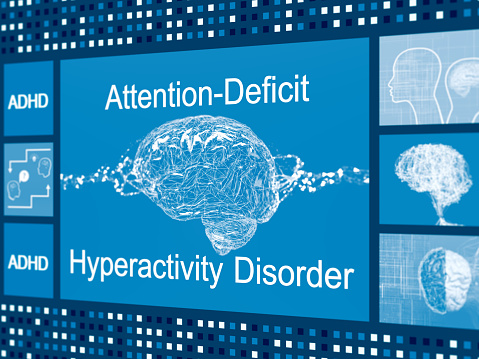What are the Important Functions of Protein in Your Body?
To understand the important functions of protein in your body, it is important to understand what it is made of. Proteins are held together by amino acids that can be found in many different foods. The five most important amino acids are L-Arginine, Glycine, Leucine, Lysine, and Methionine. There’re a wide variety of foods that contain these amino acids. Among the most important functions of protein in your body is that of providing muscle growth and repair.
Here’s how fulfilling protein requirement per day can benefit your body:
Protein Builds & Repairs Tissues
One amongst the most important functions of protein is that of building and repairing tissues. Protein is a building block of all living cells and is necessary to produce collagen and elastin. Our skin, hair, bones, muscles, and organs are all built by protein. To fulfill the daily protein requirement in your diet, you need several other important protein functions in your body. When the body requires repairing, it makes use of its protein stores. The body breaks down proteins within the muscle tissue to provide enough protein for muscle growth and repair.
Protein Helps Liver to Function Better
One of the most important protein functions in your body is that of being the primary source of amino acids utilized for protein synthesis. This is the process through which proteins are converted into glucose or the fuel needed for the functioning of the entire body. Without protein, the liver cannot produce insulin or release energy to keep the cells running.
Protein Distributes Nutrients Throughout the Body
Protein does help build new cells and repair old ones. It also helps distribute nutrients throughout the body so that they can get where they need to go. This is important to the proper functioning of the body. If the circulation in the body is not sufficient, the protein may not get to where it is needed. Without enough protein in the blood, the body cannot produce enough red blood cells, and therefore the ability to fight off infections becomes compromised.
Protein Supports the Muscles & Skeletal System
Muscle plays an important role in the overall strength of the body. When the body uses the muscles, it needs to have the right amount of protein. The muscle tissues help support the skeletal system. Protein helps build new muscles, especially in children and young adults. It is essential for rebuilding damaged muscle tissues that result from training and weight lifting.
Protein Helps in Living a Better & Stronger Lifestyle
The functions of protein in your body are important. These functions help you live a better life and feel stronger. As you age, however, protein functions decrease as the body replaces older tissues with new ones. This process can cause weak muscles, lessened stamina, and other problems. To keep yourself healthy and prevent these age-related problems from happening, make sure you are getting enough protein in your diet.
The benefits of protein intake per day can never be considered underrated. Some most important of these functions include keeping the body’s pH in balance, keeping the body’s fluid balance in check, regulating the body’s nutrient absorption, assisting with cell division and repair, securing cell DNA in place, etc. That’s why you should never avoid your daily dose of protein intake, as it may affect your body on a long-term basis.



